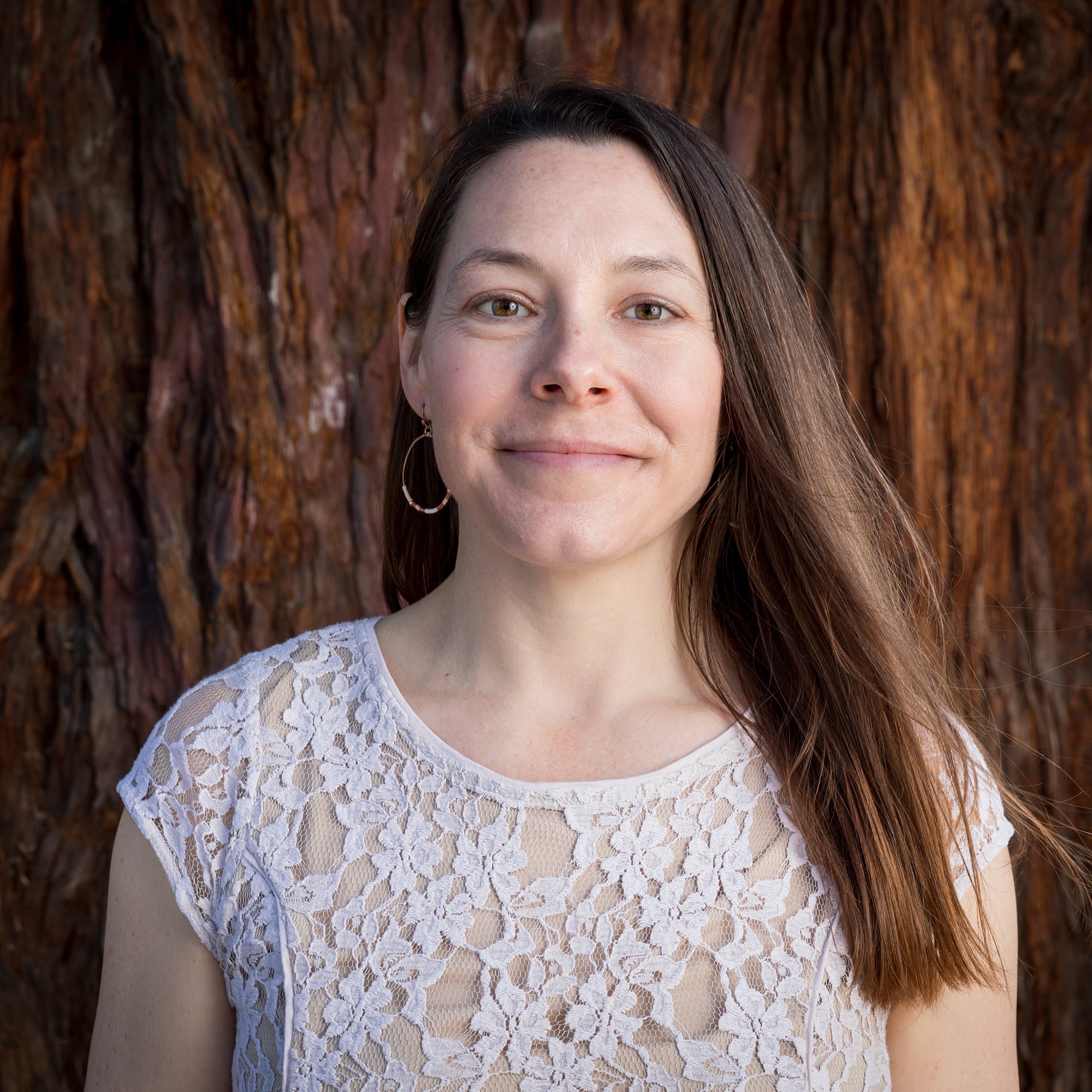Charlotte Sunseri
 |
Chair and Professor Department of Anthropology
Keywords historical archaeology, spatial analysis, household archaeology, economic anthropology, social identity, immigration, capitalism and labor, social inequality, race and racialization, gender |
Current Research Activity
My current research at historic New Almaden in the Santa Cruz Mountains looks at working-class experiences in a benevolent model company town of the late 19th and early 20th centuries. I consider how the town embodies welfare capitalism of the Progressive Movement and examine the process of class consciousness as experienced by its residents. The project explores workers’ perceptions of the company’s influence, corporate ideals and policies; daily experiences of workers and negotiation of place and identity; and evidence for workers’ negotiation, accommodation, or resistance to capitalist structures and company control. My questions include: What were workers perceptions of corporate influence, or capitalist ideals and policies? What were the daily experiences of workers, and the role of material culture in their creation of the domestic environment and negotiation of place and identity? In these settings I will reconstruct the community that lived and worked in the town using archival sources (census, tax assessment, newspapers), oral histories of survivors and descendants, and archaeology (e.g. domestic material culture, town layout, viewsheds of management surveillance).
Research Connections to Current Events
In an effort to bridge experiences of working-class communities across California, my my new research project explores the roots of class consciousness in the company town setting of New Almaden (now Almaden Quicksilver County Park of Santa Clara), to compare with other capitalist settings in California including my earlier project in the mining town of Mono Mills. This project considers a comparative case of working-class identities through archaeological site analysis, material culture studies, archival analysis, and interviews with town residents. New Almaden’s company town showed paternalistic social control and stark idealism, and I’m interested in workers’ perceptions of the company’s influence and policies; daily experiences as workers built a sense of place and identity; and ways that workers negotiated, accommodated, or resisted capitalist structures and company control. Contributions include 1) describing working-class experiences during a critical period in the rise of class consciousness in America; 2) social theorizing of pluralism and labor hierarchies which played a direct role in shaping the California of today; and 3) enhancing multivocality about the past to impact current cultural production linked to heritage, and 4) considering through anthropological inquiry the ways that we might dismantle capitalism or imagine other futures.